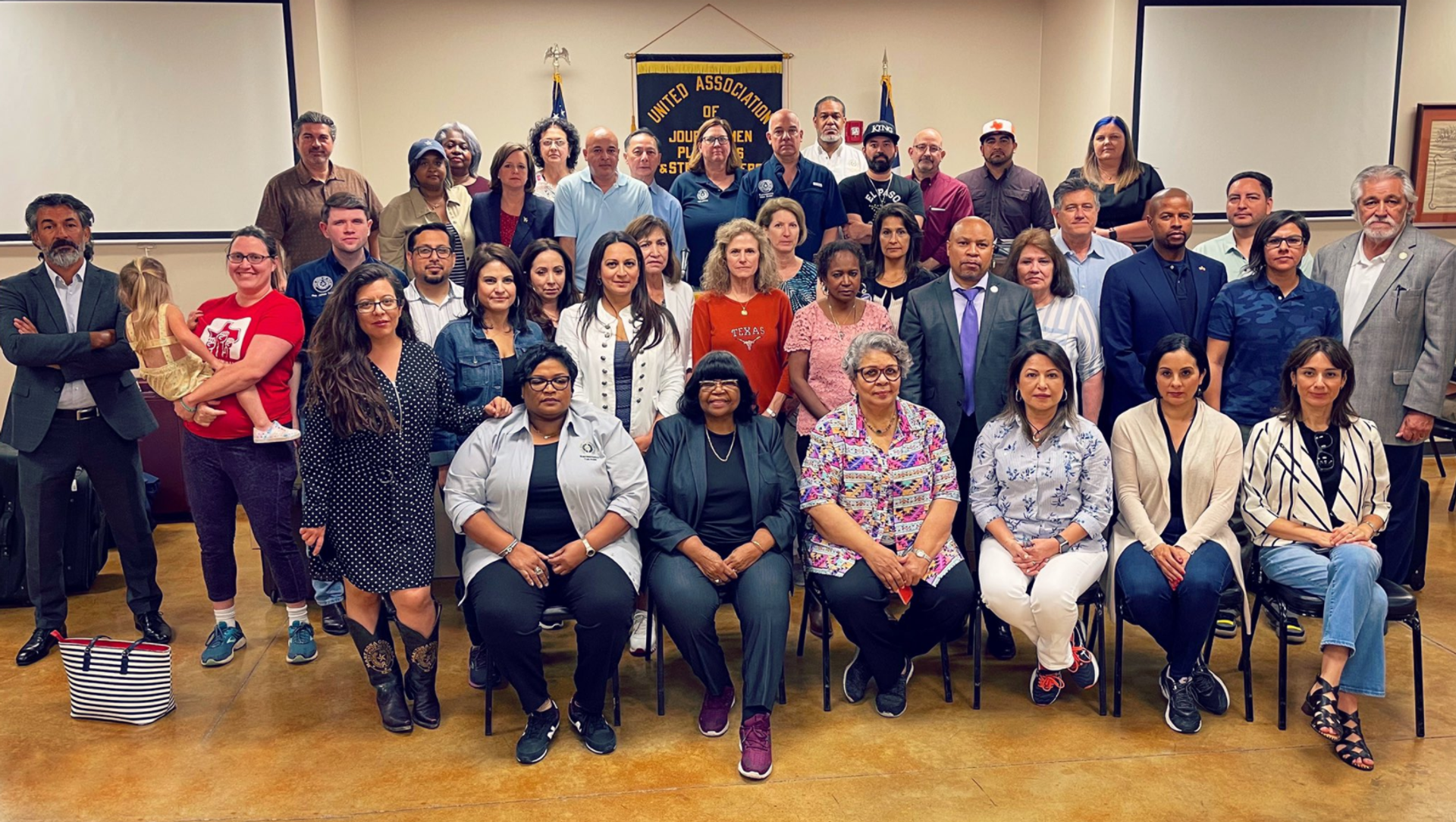Texas Judge Signs Order to Block Detention of Fugitive Democrats Who Fled Over Voting Reform Bill
Subscribe
Texas Governor Greg Abbott (R) and House Speaker Dade Phelan (R) have ordered the arrest of dozens of Democratic state lawmakers who took to Washington, DC, last month in an effort to block the Texas House of Representatives from reaching quorum to vote on a variety of items, including a GOP's voting reform bill that has passed in the Texas Senate.
On Sunday, Texas State District Judge Brad Urrutia (D) granted a temporary restraining order to fugitive House Democrats, effectively blocking both Abbott and Phelan from "detaining, confining or otherwise restricting" the lawmakers' movement within the state for 14 days.
The order, which prevents the issuance of warrants for their confinement during the period, may be extended by the judge.
Additionally, the judge has called on Abbott and Phelan to submit justification for why a temporary injunction should not be issued against them for their respective moves. The House Democrats in question are scheduled to appear in court on August 20 for a hearing on their application for temporary injunction.
"The purpose of the hearing will be to determine whether the temporary restraining order should be made a temporary injunction pending a full trial on the merits," the court filing details.
Urrutia's decision comes in response to a petition in which 19 House Democrats argued they would face "imminent and irreparable injury" from Abbott and Phelan's "interpretation and application of the Texas Constitution and the Rules of the House of Representatives of the State of Texas."
The emergency lawsuit from the Democratic lawmakers claimed their detention upon returning to the state would violate the "fundamental principle of our constitutional system of government" that asserts the State cannot use its power to arrest and incarcerate as a political weapon.
"[T]he Speaker thinks he can wave his hand and have his political opponents rounded up and arrested. We’re watching a major political party backslide in real time from fair representation, the rule of law, and democracy itself," Texas Rep. Jasmine Crockett (D), one of the 19 plaintiffs, told the Texas Tribune.
However, Republican lawmakers in the state have argued that Democrats can and should be arrested, according to Texas House Rules.
Per Rule 5, Section 8, when a call to the House takes place, the doors of the legislative chamber will be locked, and no lawmaker will be able to leave until their names are recorded.
"All absentees for whom no sufficient excuse is made may, by order of a majority of those present, be sent for and arrested, wherever they may be found, by the sergeant-at-arms ... and their attendance shall be secured and retained," the Texas House Rules detail.
Over the weekend, at least 26 Texas House Democrats pledged to remain in the nation's capital, despite the Saturday kickoff of the Texas State Legislature's second special legislative session.
Out of the 57 Democratic state lawmakers who fled the state last month, Texas Reps. Eddie Lucio III (D) and Bobby Guerra (D) were the only two to appear for the new session on Saturday.
While the Texas House failed to obtain a quorum for the third time this year, enough members of the Texas Senate were present for the chamber to conduct business. Unlike the Texas House, the Texas Senate has already been able to vote on, and pass, the GOP's controversial voting reform bill.
The voting reform legislation is the latest GOP-backed effort to ban 'drive-thru voting' and enhance restrictions on mail-in voting and other initiatives enacted across the state during the height of the COVID-19 pandemic in the US.
The legislation also calls for new ID requirements for mail-in voting, added protections for partisan poll workers and the ban of 24-hour voting locations, which were set up to assist those who are working during the usual hours of polling.


